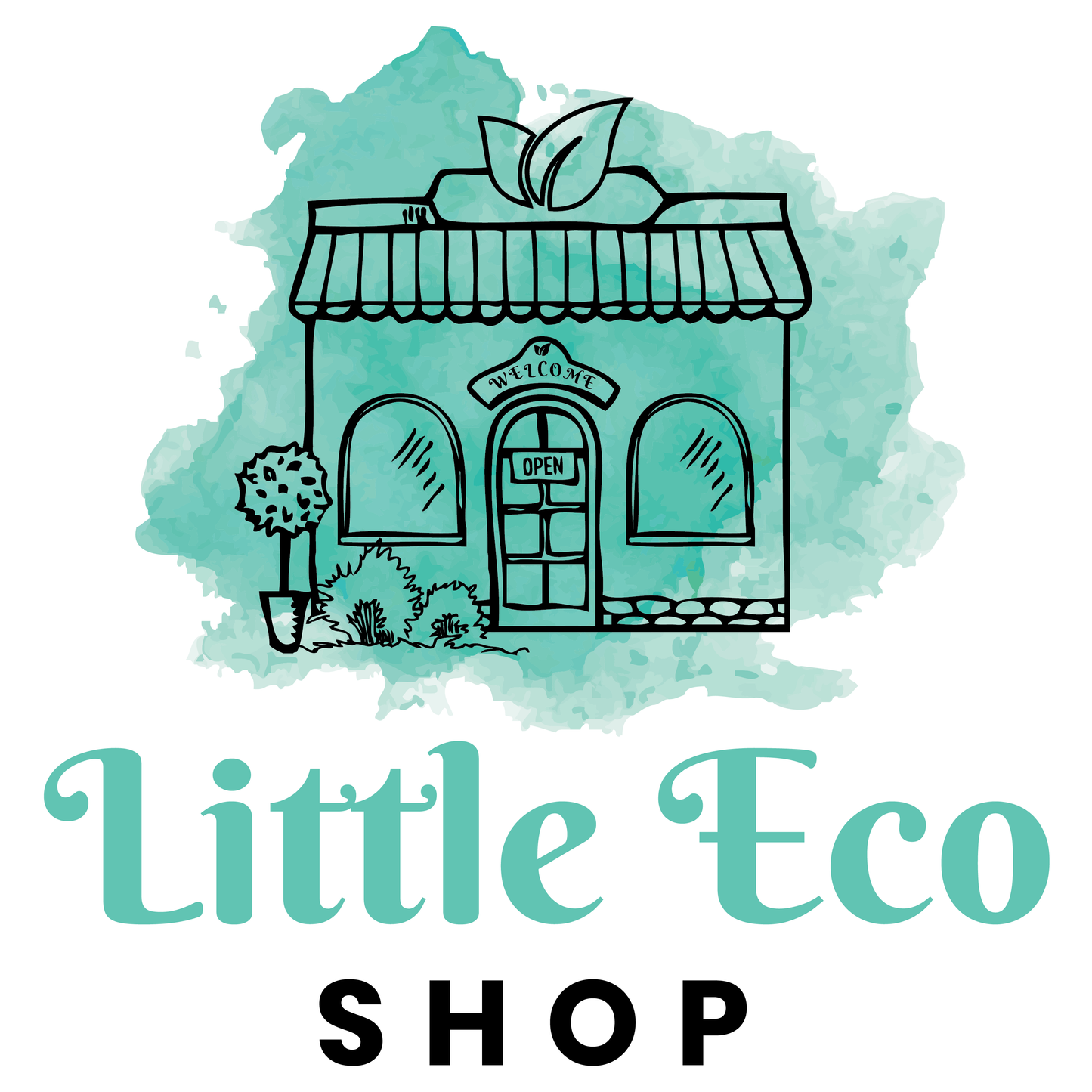
Sustainability has become quite the buzz word in the business sphere, but what is it exactly? Sustainability asks that we meet our current needs in a way that won’t jeopardise the ability of future generations to meet theirs. In a business setting, sustainability prompts enterprises to consider policies and practices in terms of the long-term human, social and environmental impact, rather than of short-term gains, like profit. In an ever-warming world, with finite resources, home to infinite waste, environmental responsibility has become a business imperative.
Consumers are increasingly astute and seek to do business with enterprises who contribute to the common good, and care about the same causes as they do. In a 2018 survey, 71% of consumer respondents stated a willingness to pay a premium for environmentally sustainable products. But going green isn’t just good business; doing good for the sake of doing good adds a feelgood factor to your work life, as you show leadership on the most pressing issue of our time and inspire change within your community.
Large corporations account for the majority of earth’s greenhouse gas emissions, but small and medium enterprises (SMEs) have a crucial role to play in driving change. SMEs account for 95 percent of all businesses – imagine the impact if each one shunned the misconception that they are too small to matter, or that sustainable business practices are too costly for the little guys? No business can succeed without a planet to do business on. Whether you’re an employee or entrepreneur it’s important to take action, and you can steer your workplace in a sustainable direction with the following pointers.
Get the green light
If you’re a business owner, feel free to skip this step and press on with implementing the below ideas, but you will gain clarity on how an investment in sustainability can benefit your business. If you’re an employee, you’re going to need management onside, before you go ripping paper towel dispensers from the wall and putting the printer out on the curb. Management approval is essential if you want sustainability to become a part of your workplace culture – an important element if you hope for your green office overhaul to have a positive flow-on effect into the community and the homes of your colleagues.
Managers and business owners might have good intentions, but the viability of new initiatives will always come down to budget and cost effectiveness. This might sound callous, but a business can’t effect meaningful environmental change if it goes bust. Fortunately, there is government funding available to businesses wanting to transition to a sustainable operating model, and the initial costs can be more than recouped by energy savings, positive brand association, and the ability to meet customer and supplier demand for eco-conscious products and services. Visit GrantConnect and business.gov.au to find out what funding and loan schemes are available to your enterprise.
Once you convince management of the benefits, establish reporting relationships, secure a firm budget and develop a proposal. If there isn’t the budget for a full-scale overhaul, small and mighty initiatives, like minimising paper use, soft plastic recycling, meat-free Mondays and carpooling can still have an impact.
Establish a green dream team
Connect with likeminded colleagues and establish a sustainability taskforce. Together, you can set goals, establish accountability, keep management and staff informed, implement sustainable initiatives and measure the impact. To weave sustainability and environmental responsibility into the fabric of your workplace, staff at all levels, and from a variety of departments, should be represented on the taskforce. Documenting your progress through the e-newsletters to staff and customers will reinforce the importance of sustainability to your organisation and help to get everyone on board. Similarly, eco-themed office challenges, competitions and fundraisers will foster widespread involvement.
Weed out plastic
It’s no secret that planet earth has a plastic problem. Plastic creates multiple forms of environmental pollution at every stage of its lifecycle; it is asphyxiating marine and bird life at an alarming rate; and it has so permeated the food supply that we humans now house microplastics in our digestive tracts, which can lead to wide-ranging health implications. Rooting out plastic in your workplace is one of the cheapest and easiest steps you can take towards sustainability. Implement a nude food initiative, encouraging staff to bring food and drinks in reusable containers; avoid plastic-wrapped inventory, like hand soap and cleaning agents, and choose glass, stainless steel, recycled or refillable options; install a water filter, instead of paying for bottled water delivery; switch to biodegradable or refillable pens and markers; and choose compostable mailers, like the ones we use here at Little Eco Shop from The Better Packaging Co.
Choose eco providers
If your workplace cares about sustainability and the environment, it makes sense to do business with likeminded vendors. Look to the Good Environmental Choice Australia (GECA) website for a list of their licensees, set Ecosia as the default search engine in your office (their servers run on renewable energy and they’ve planted over 111 million trees thanks to user searches) and choose recycled, recyclable and compostable everything such as this marketing material from No Issue. Throwing your dollars behind sustainable businesses will drive the achievement of common goals and create a supportive, likeminded network that can benefit from collaboration and cross-promotion.
Don’t waste paper to earn paper
With everything online and limitless data storage available, there’s no longer a need to print out documents. It’s easy to think of paper as a ‘natural’ and recyclable material and use it frivolously, but the manufacture and recycling of paper products requires more water and energy than that of plastic items. Keep in mind that, unless recycled, paper products require deforestation – one of the most brutal assaults on our natural world. Offer staff online document editing subscriptions, like Adobe and DocuSign, and Stylus pens, instead of printers. Provide and ask suppliers for digital invoices and communications. Keep the kitchen stocked with washable dishcloths and Unpaper towels. Install a Dyson Airblade in the bathroom and stock with a recycled TP, like that from Pure Planet or Who Gives a Crap.
Up your efficiency
When appliances are due for an upgrade, look for energy and water-efficient models, which will decrease your usage and utility bills. Switch off appliances at the mains plug when not in use, and before you leave the office at the end of the day. Increase natural light in your office and shift workstations closer to windows – a World Green Building Council report found that productivity increased by 15 percent in employees placed near sunlit windows.
Making small changes in the way you use power can also have tremendous impact – one large US retail chain reduced its energy consumption by 30,000 kilowatts and its energy bill by $3,100 every year, by setting their cooling system to switch on when the temperature was 75 degrees Fahrenheit, instead of 74 degrees. Similarly, running your AC at a lower fan setting will reduce your consumption.
